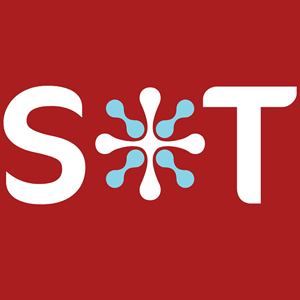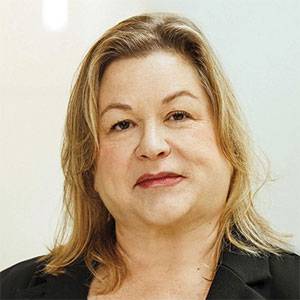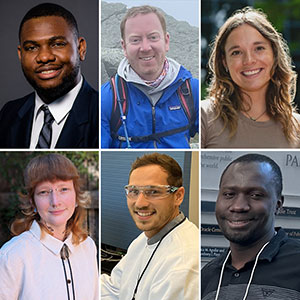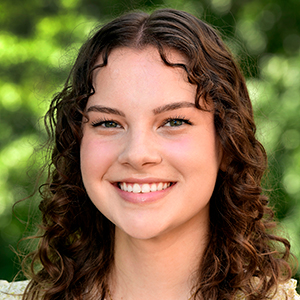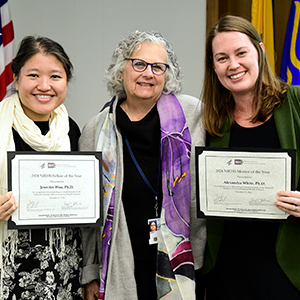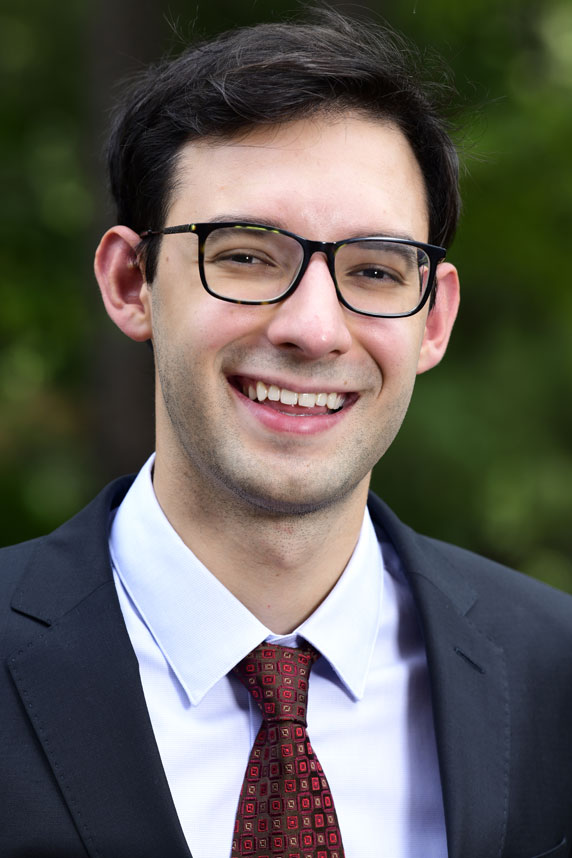
First-year trainee Ricardo Scheufen Tieghi is already racking up accolades and making contributions to the biomedical research community. He won a Society of Toxicology Undergraduate Research Award in March, tied for Best Presenter at last November’s Three-Minute Communication Challenge, and recently helped build a tool that can predict a substance’s potential to cause a skin rash.
Scheufen Tieghi, a senior biology major at the University of North Carolina at Chapel Hill (UNC), recently spoke with Environmental Factor about his scientific journey so far, the mentors who have guided him, and his future plans.
Environmental Factor (EF): What sparked your interest in the environmental health sciences?
Scheufen Tieghi: I had a fantastic biology teacher in high school who inspired me to go beyond the classroom curriculum and read scientific articles. This reading sparked my curiosity about research and led to my undergraduate studies in biology at UNC. That's where I discovered computational toxicology, which uses mathematics, informatics, and computer models to better understand and predict substances’ toxic effects.
EF: What experiences have helped shape your school and career path?
Scheufen Tieghi: Getting hands-on research experience has been a huge turning point in my career. As a high school sophomore, I traveled to a university in Boston for a three-month research course. The experience helped me develop critical thinking and independence, which I think are essential research skills. Since then, I've had the incredible opportunity to work in multiple labs, learning about blood vessel development, computer-assisted drug discovery, and, most recently, computational toxicology.
EF: What did you learn from the Three-Minute Communication Challenge?
Scheufen Tieghi: Communicating your research to the general public is an essential skill in science, but it is often overlooked. The communication challenge taught me how to break down complex concepts and explain them in a concise, engaging, and accessible format.
EF: What mentors have played an important role so far?
Scheufen Tieghi: I've had amazing mentors at NIEHS — Nicole Kleinstreuer, Ph.D., and Jose Teofilo Moreira Filho, Ph.D., in the Division of Translational Toxicology. They have provided invaluable guidance and allowed me to take ownership of projects. At UNC, Eugene Muratov, Ph.D., and Alexander Tropsha, Ph.D., introduced me to computational toxicology. I am also thankful to Pauline Bougaran, Ph.D., and Victoria Bautch, Ph.D., my supervisors in the first research lab I joined at UNC.
EF: What’s next? What are your research and career ambitions?
Scheufen Tieghi: After college, I hope to join NIEHS as a postbaccalaureate fellow and continue to develop new approach methods that use AI to reduce animal testing. I also plan to apply to medical school and leverage all the knowledge gained from my research years to bring improved treatments to the clinic.
(Erica Hinton is a contract writer for the NIEHS Office of Communications and Public Liaison.)





